Anpassungsfähigkeit und Resilienz des Finanzsystems
Diese Forschungsgruppe untersucht kritische Aspekte der Anpassungsfähigkeit und Widerstandsfähigkeit von Finanzsystemen. Sie analysiert die Auswirkungen von Naturkatastrophen auf Finanzsysteme, die Auswirkungen politischer Präferenzen für die grüne Transformation und die Bedeutung von Kultur in den Volkswirtschaften.
Forschungscluster
Finanzresilienz und RegulierungIhr Kontakt

Mitglied - Abteilung Finanzmärkte
PROJEKTE
07.2016 ‐ 12.2018
Relationship Lenders and Unorthodox Monetary Policy: Investment, Employment, and Resource Reallocation Effects
Leibniz-Gemeinschaft
We combine a number of unique and proprietary data sources to measure the impact of relationship lenders and unconventional monetary policy during and after the European sovereign debt crisis on the real economy. Establishing systematic links between different research data centers (Forschungsdatenzentren, FDZ) and central banks with detailed micro-level information on both financial and real activity is the stand-alone proposition of our proposal. The main objective is to permit the identification of causal effects, or their absence, regarding which policies were conducive to mitigate financial shocks and stimulate real economic activities, such as employment, investment, or the closure of plants.
01.2015 ‐ 12.2019
Interactions between Bank-specific Risk and Macroeconomic Performance
Deutsche Forschungsgemeinschaft (DFG)
Referierte Publikationen
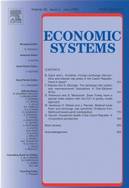
Should Banks Diversify or Focus? Know Thyself: The Role of Abilities
in: Economic Systems, Nr. 1, 2018
Abstract
The paper investigates whether diversification/focus across assets, industries and borrowers affects bank performance when banks’ abilities (screening and monitoring) are considered. The initial results show that diversification (focus) at the asset, industry and borrower levels is expected to decrease (increase) returns. However, once banks’ screening and monitoring abilities are controlled for, the effect of diversification/focus either gets weaker or disappears. Further, in some cases, these abilities enhance banks’ long-run performance, but in others they prove to be costly, at least, in the short run. Thus, the level of monitoring and screening abilities should be taken into consideration in understanding, planning and implementing diversification/focus strategies.

Regional Banking Instability and FOMC Voting
in: Journal of Banking and Finance, 2018
Abstract
This study analyzes if regionally affiliated Federal Open Market Committee (FOMC) members take their districts’ regional banking sector instability into account when they vote. Considering the period 1979–2010, we find that a deterioration in a district's bank health increases the probability that this district's representative in the FOMC votes to ease interest rates. According to member-specific characteristics, the effect of regional banking sector instability on FOMC voting behavior is most pronounced for Bank presidents (as opposed to Governors) and FOMC members who have career backgrounds in the financial industry or who represent a district with a large banking sector.
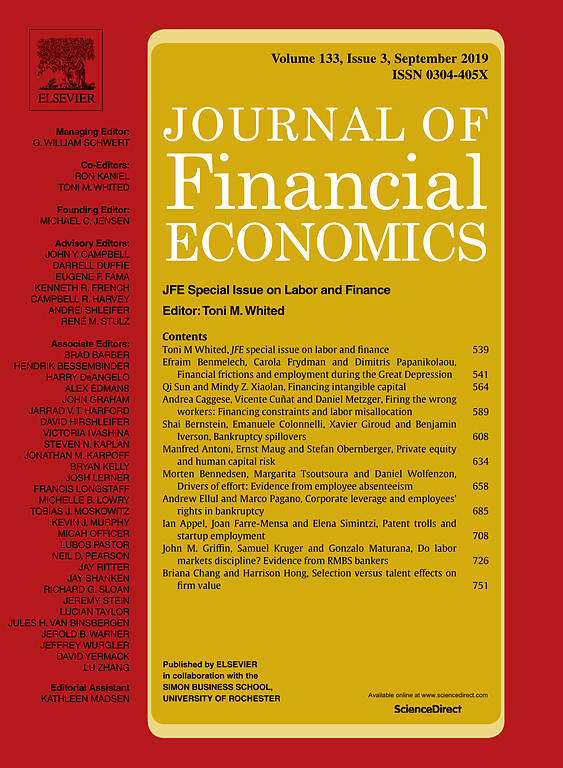
When Arm’s Length is too Far: Relationship Banking over the Credit Cycle
in: Journal of Financial Economics, Nr. 1, 2018
Abstract
We conduct face-to-face interviews with bank CEOs to classify 397 banks across 21 countries as either relationship or transaction lenders. We then use the geographic coordinates of these banks’ branches and of 14,100 businesses to analyze how the lending techniques of banks in the vicinity of firms are related to credit constraints at two contrasting points of the credit cycle. We find that while relationship lending is not associated with credit constraints during a credit boom, it alleviates such constraints during a downturn. This positive role of relationship lending is stronger for small and opaque firms and in regions with a more severe economic downturn. Moreover, our evidence suggests that relationship lending mitigates the impact of a downturn on firm growth and does not constitute evergreening of loans.
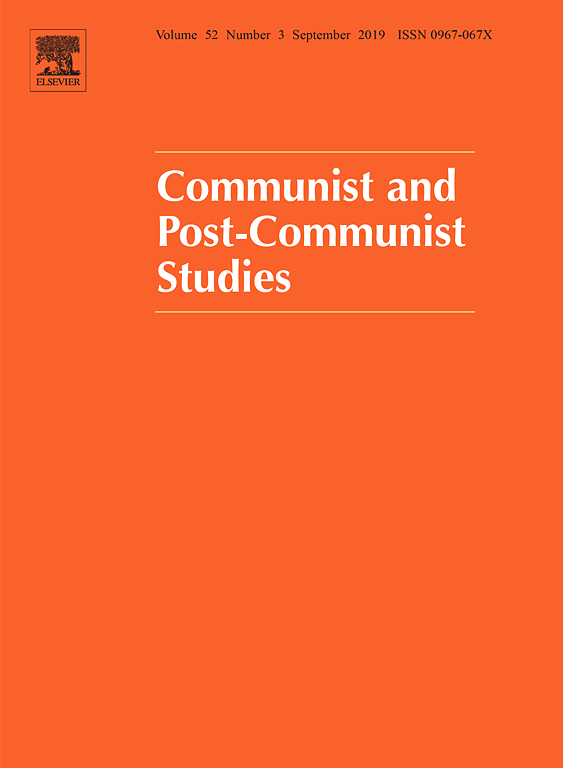
Politically Connected Firms in Poland and Their Access to Bank Financing
in: Communist and Post-Communist Studies, Nr. 4, 2017
Abstract
This paper characterizes politically connected firms and their access to bank financing. We determine that the relationship between political connections and access to long-term bank loans is weaker in Poland than in other emerging economies. The most probable explanation for this result is related to the instability of the political climate in Poland. We find that only certain kinds of political connections, such as recent connections, positively influenced access to bank financing during the sample period from 2001 to 2011. Moreover, we obtain also some evidence that the value of political connections increased during the 2007 crisis period and onward.
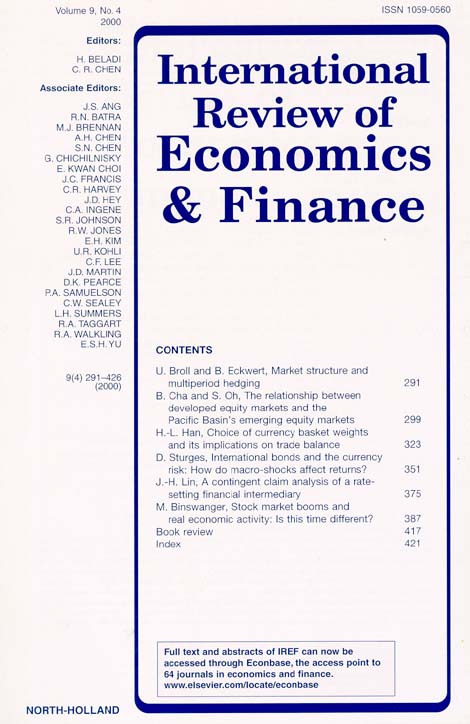
Bank Financing, Institutions and Regional Entrepreneurial Activities: Evidence from China
in: International Review of Economics and Finance, November 2017
Abstract
We investigate the effects of bank financing on regional entrepreneurial activities in China. We present contrasting findings on the role of quantity vs. quality of bank financing on small business formation in China: while we document a consistent, significantly positive relationship between the quality of bank financing and new venture formation, we find that the quantity of supplied credit is insignificant. We report that formal institutions are positively correlated to regional entrepreneurial activities, and informal institutions substitute formal institutions. Our findings also reveal that the institutional environment tends to supplement bank financing in promoting regional entrepreneurial activities.
Arbeitspapiere
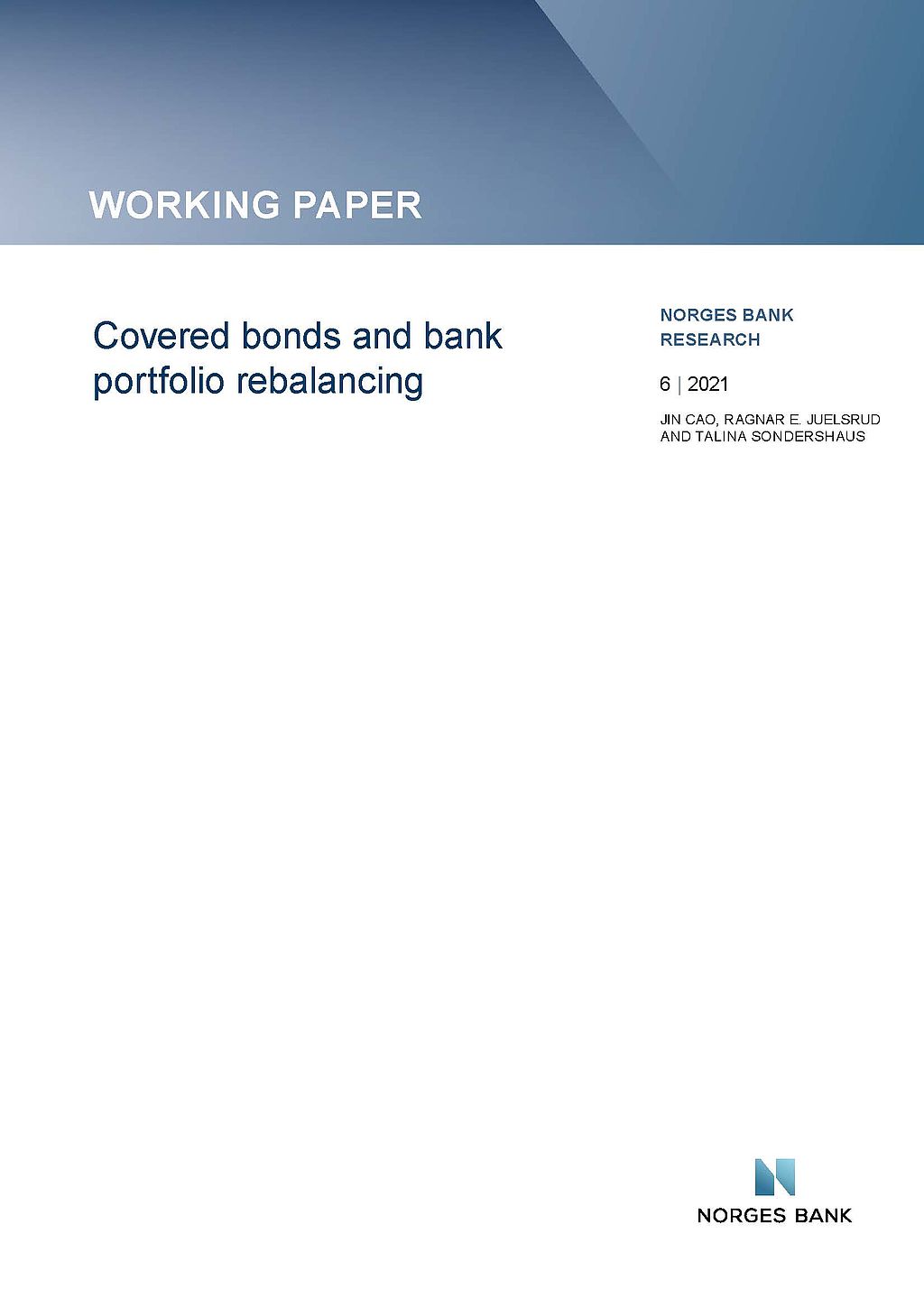
Covered Bonds and Bank Portfolio Rebalancing
in: Norges Bank Working Papers, Nr. 6, 2021
Abstract
We use administrative and supervisory data at the bank and loan level to investigate the impact of the introduction of covered bonds on the composition of bank balance sheets and bank risk. Covered bonds, despite being collateralized by mortgages, lead to a shift in bank lending from mortgages to corporate loans. Young and low-rated firms in particular receive more credit, suggesting that overall credit risk increases. At the same time, we find that total balance sheet liquidity increases. We identify the channel in a theoretical model and provide empirical evidence: Banks with low initial liquidity and banks with sufficiently high risk-adjusted return on firm lending drive the results.
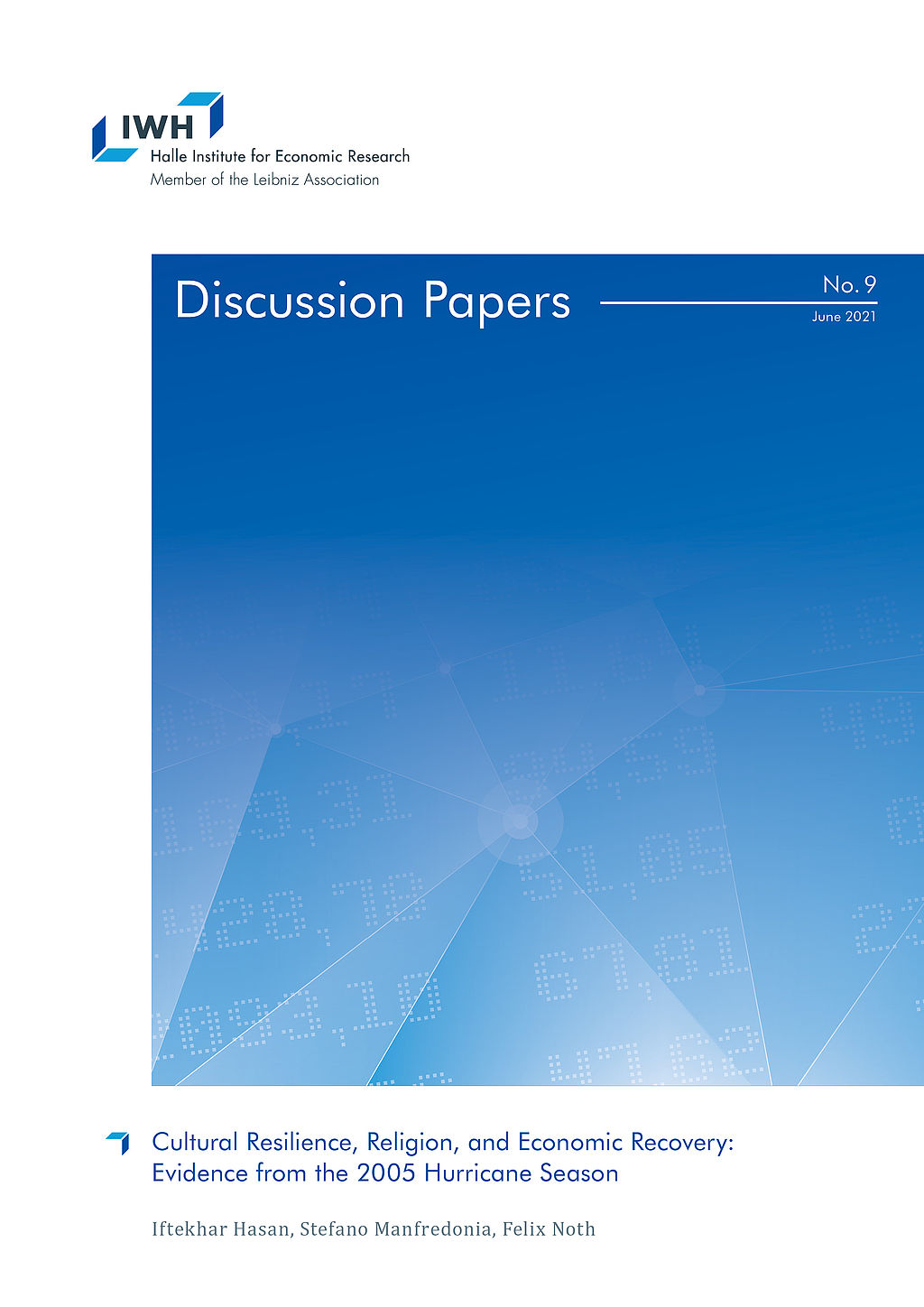
Cultural Resilience, Religion, and Economic Recovery: Evidence from the 2005 Hurricane Season
in: IWH Discussion Papers, Nr. 9, 2021
Abstract
This paper investigates the critical role of religion in the economic recovery after high-impact natural disasters. Exploiting the 2005 hurricane season in the southeast United States, we document that establishments in counties with higher religious adherence rates saw a significantly stronger recovery in terms of productivity for 2005-2010. Our results further suggest that a particular religious denomination does not drive the effect. We observe that different aspects of religion, such as adherence, shared experiences from ancestors, and institutionalised features, all drive the effect on recovery. Our results matter since they underline the importance of cultural characteristics like religion during and after economic crises.
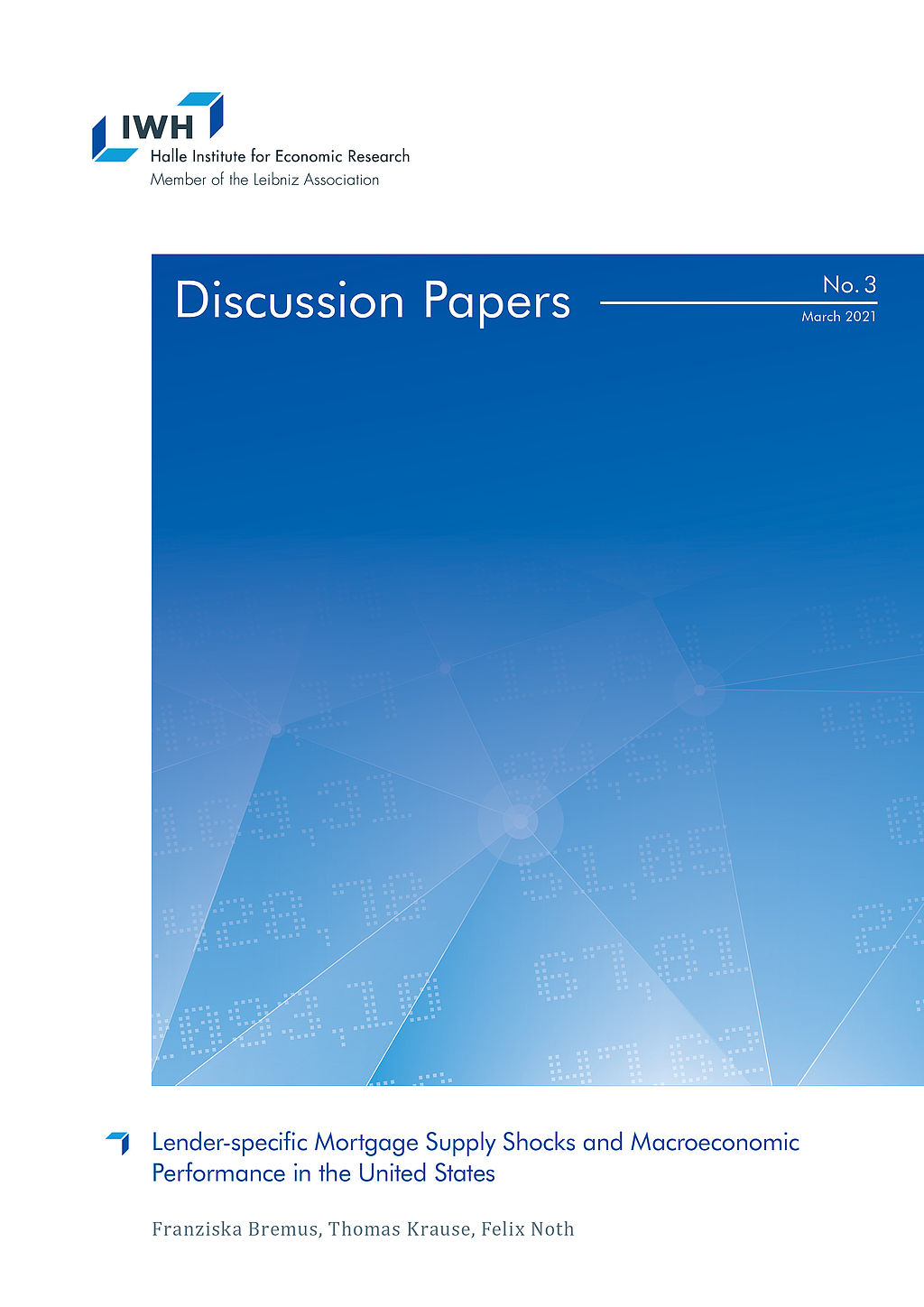
Lender-specific Mortgage Supply Shocks and Macroeconomic Performance in the United States
in: IWH Discussion Papers, Nr. 3, 2021
Abstract
This paper provides evidence for the propagation of idiosyncratic mortgage supply shocks to the macroeconomy. Based on micro-level data from the Home Mortgage Disclosure Act for the 1990-2016 period, our results suggest that lender-specific mortgage supply shocks affect aggregate mortgage, house price, and employment dynamics at the regional level. The larger the idiosyncratic shocks to newly issued mortgages, the stronger are mortgage, house price, and employment growth. While shocks at the level of shadow banks significantly affect mortgage and house price dynamics, too, they do not matter much for employment.
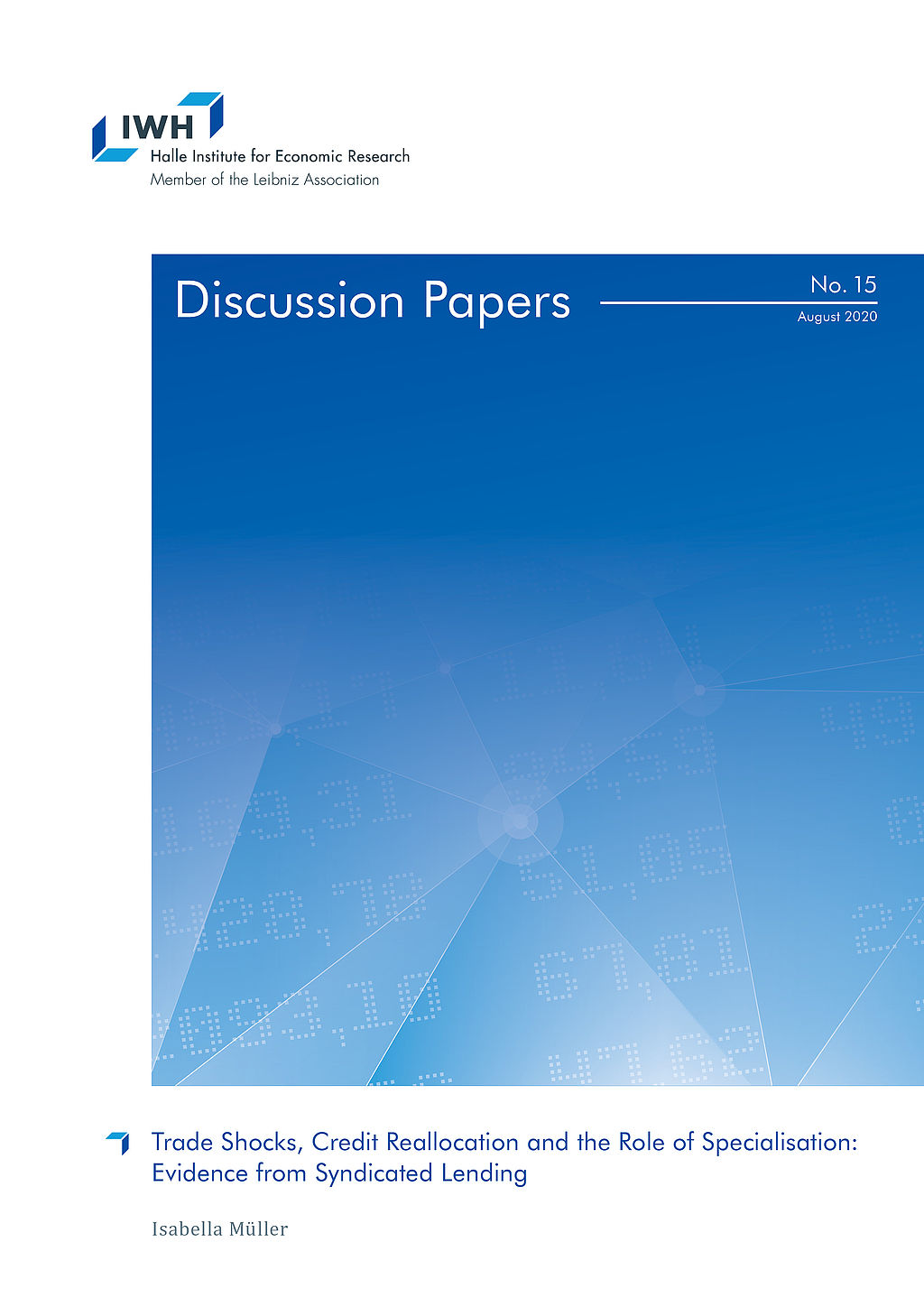
Trade Shocks, Credit Reallocation and the Role of Specialisation: Evidence from Syndicated Lending
in: IWH Discussion Papers, Nr. 15, 2020
Abstract
This paper provides evidence that banks cut lending to US borrowers as a consequence of a trade shock. This adverse reaction is stronger for banks with higher ex-ante lending to US industries hit by the trade shock. Importantly, I document large heterogeneity in banks‘ reaction depending on their sectoral specialisation. Banks shield industries in which they are specialised in and at the same time reduce the availability of credit to industries they are not specialised in. The latter is driven by low-capital banks and lending to firms that are themselves hit by the trade shock. Banks‘ adjustments have adverse real effects.
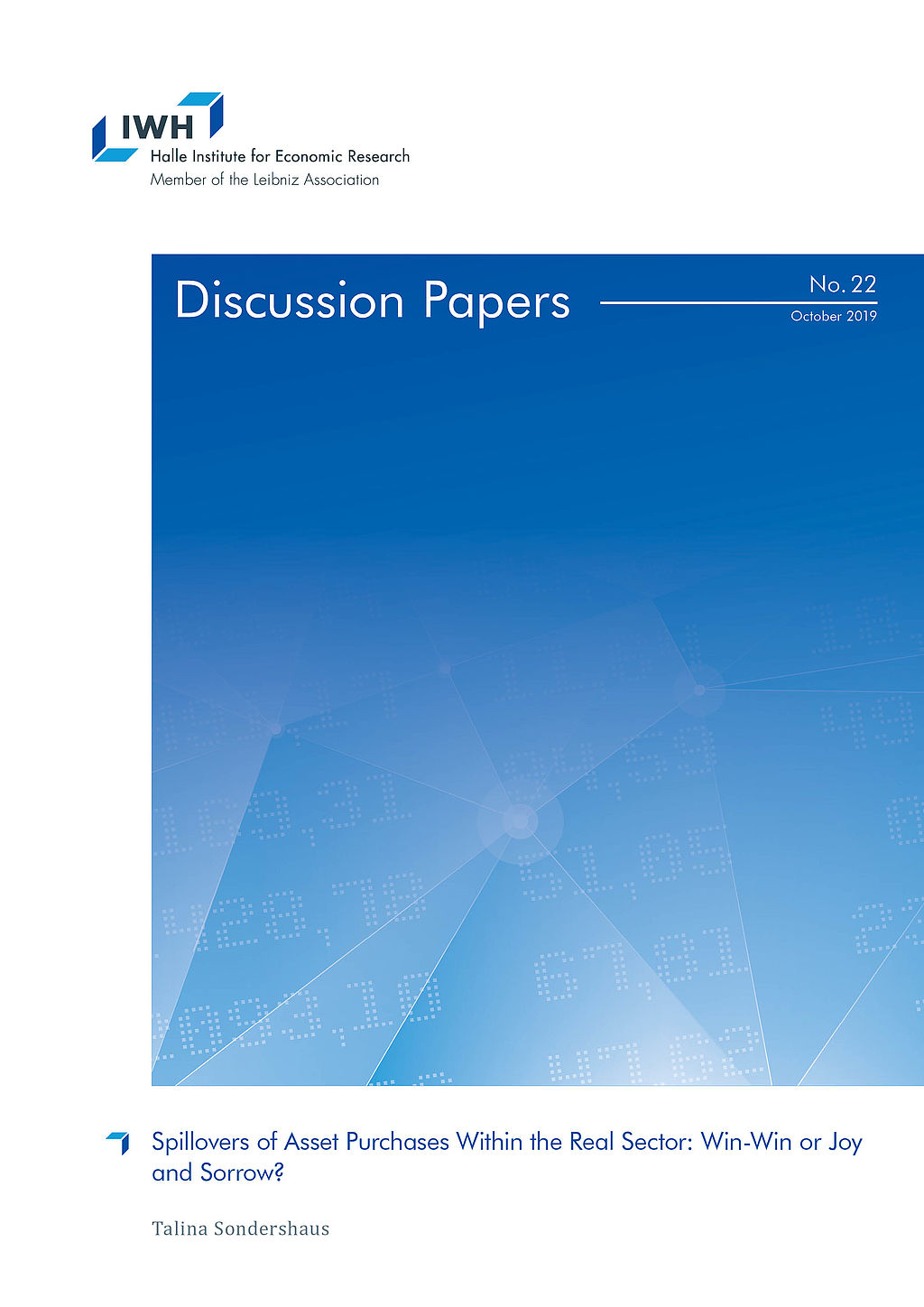
Spillovers of Asset Purchases Within the Real Sector: Win-Win or Joy and Sorrow?
in: IWH Discussion Papers, Nr. 22, 2019
Abstract
Events which have an adverse or positive effect on some firms can disseminate through the economy to firms which are not directly affected. By exploiting the first large sovereign bond purchase programme of the ECB, this paper investigates whether more lending to some firms spill over to firms in the surroundings of direct beneficiaries. Firms operating in the same industry and region invest less and reduce employment. The paper shows the importance to consider spillover effects when assessing unconventional monetary policies: Differences between treatment and control groups can be entirely attributed to negative effects on the control group.


















